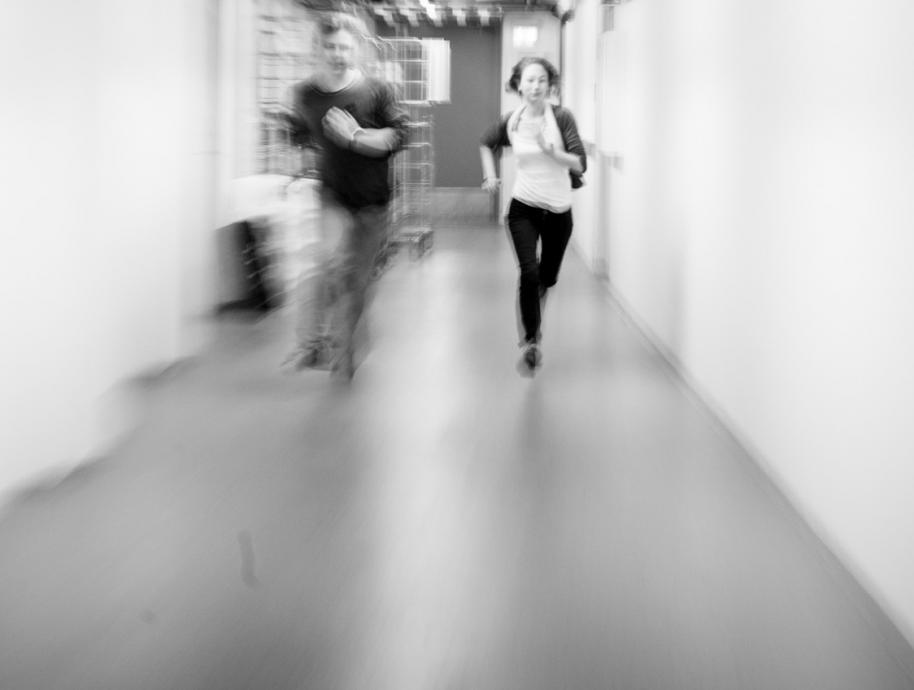
Violent situations
 Call 112 (the police)
Call 112 (the police)
Acute and life-threatening violence (PLIVO)
RUN if you can
- Run to a safe place, not the fire assembly point
- When you are safe, let your next of kin know
HIDE if you are not able to run
- Lock or close the doors (barricade)
- Put your phone on silent
- Call 112, do not hang up – the police can listen and trace the call
- Block lines of vision, turn off the lights
- Be silent
- Can you evacuate now? RUN
- Consider what you can do if the perpetrator enters the room
FIGHT, if you do not have any other choice
- What may be used as a weapon?
- Make a simple plan to act in a coordinated manner
- Attack the weapon or the perpetrator’s eyes and throat – try to bring the person down
If you see someone being subjected to violence
- Do not intervene
- Call 112 (the police)
- Follow the instructions from the police
- Call your place of study or work and tell them that the police are on their way
- If it is safe to do so, provide first aid
When you are the victim of violence
- Call out for help and try to get away
- Call 112 (the police)
- Follow the instructions from the police
- Call the your place of study or work and tell them that the police are on their way
Rape
- contact or go to the nearest Sexual Assault Referral Centre (NO)
- it is better to go there immediately after the assault, in order to secure evidence and be offered preventive medicines
- do not wash your hands, change clothes, shower or brush your teeth, and avoid going to the toilet
- look after the person who has suffered the assault
Learn more
Learn more
Last updated: 09. March 2023

 To install this app on your home screen: Press
To install this app on your home screen: Press